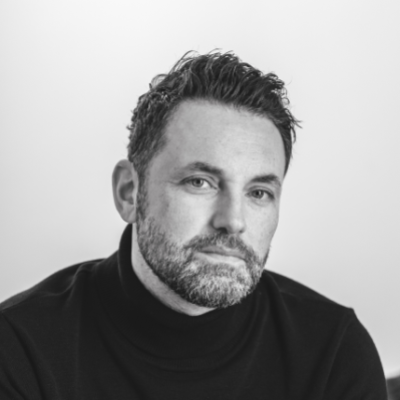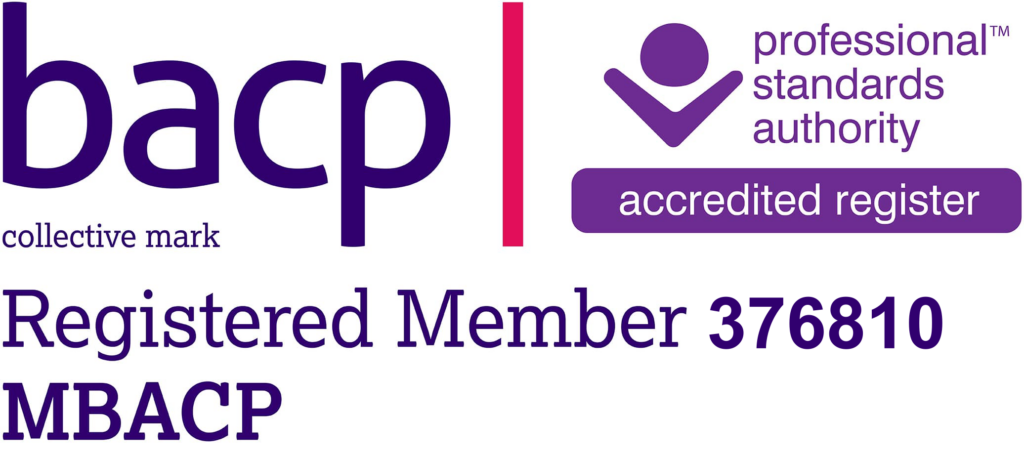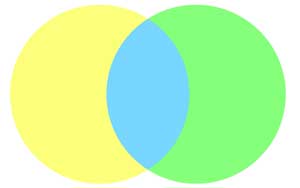 FREQUENTLY ASKED QUESTIONS
FREQUENTLY ASKED QUESTIONS
Are sessions confidential?
I work within BACP ethical guidelines that stipulate that counselling conversations are confidential between clients and their counsellor.
During an initial consultation, you and your partner will have the opportunity to ask me questions and share any concerns you may have about confidentiality.
How do I book a session?
To enquire or to book a session, please either email or visit the contact page.
Length of sessions
Sessions are 50 minutes from the booked appointment time.
Cost of sessions
Standard fee for sessions is £160, payable by BACS (bank transfer) or by card.
Process of sessions (including ending sessions)
Counselling sessions are open conversations in which the aim is to discuss presenting issues or conflict in a non-judgemental environment. A counsellor’s role is to listen and reflect their thoughts or observations. Similarly, counsellors observe patterns of behaviour and may consider the influence of early life, or the roots of behaviours.
- Initial Consultation: an opportunity to meet and to discuss presenting issues. Will include more direct questions than a typical counselling session and will likely include a brief overview of your relationship and personal history.
- Sessions: to an agreed length and frequency, normally a maximum of six or eight.
- Ending sessions: An ending session will likely include a review of topics and themes of the sessions, as well as a summary of tools utilised, exercises, and mapping out of maintaining any progress or structure.
- Early endings: It may happen that counselling sessions do not meet expectations, that circumstances in the relationship may change, or that one or both members of the partnership do not wish to continue with the sessions.
Endings have a particularly important role in counselling, and while decisions to end are respected, a final ending session offers an opportunity for closure and for open discussion about why the decision has been made.
Aims of the sessions
Couples counselling is not about problem solving or sitting in judgement of who is right and wrong. Rather, the counsellor acts as a mediator and allows for issues to be discussed safely and openly. Clients often leave couples counselling more aware of their partners hopes and fears, and more able to compromise and empathise with their partners experience.
In ADHD couples counselling, a crucial part of the work is framing the ADHD experience for both partners – for example:
Jennifer (non-ADHD) and Mike (ADHD)
Jennifer was very frustrated with Mike for his compulsive spending habits. He would regularly have parcels arrive at their home from online retailers, sometimes for items they already had. Mike would go through cycles of being obsessively interested in a topic or hobby, purchase equipment or tools relating to that interest, and later pack it away in a box in their garage, or simply discard it. Mike would become defensive about the behaviour and often sought to hide what he was doing, and the two were regularly in conflict about it.
In sessions, we worked with Jennifer and Mike to help re-frame their understanding of the behaviour and made changes which helped reduce their conflict. By the conclusion of our work, what Jennifer previously viewed as impulsive, inconsiderate and ignoring of her frustration, was better understood more as a symptom of Mike’s impulsive ADHD. Mike was more able to see his behaviour not only, as he had said during our sessions as “I’m someone with a lot of interests”, but rather as a series of impulses for which the cumulative effect of Jennifer’s frustrations, and the boxes of various items in their garage, was the net result.
Through their adjusted understanding of the other’s experience, they were able to mutually support each other as we sought to use a tool to help curtail Mike’s impulsive spending. Jennifer later commented that while frustrations sometimes flared up, she better understood the context of Mike’s behaviour, and understood he was well-intentioned, not setting out to upset her, and as we had talked about in our sessions, that Mike’s attempts at change were likely to have at least some hiccups along the way. This new openness helped them work with a particular tool suggested in the sessions, which had significantly reduced Mike’s spending and attempts to hide the behaviour.
What if one of us doesn’t want to be there, or has reservations?
It is not unusual for one member of a couple to have reservations about couples counselling, or to feel like the presenting issues are more the about one person than the other. Your mutual willingness to attend is a question raised during an initial consultation, and it is important, even with reservations noted, that both attend sessions because you want to work on your relationship.
Couples counselling is not about assigning blame or responsibility, but rather to help you and partner to have constructive and supportive conversations about difficult and sensitive issues.
Do we have to be in our own individual personal counselling to attend?
While being or having been in your own personal counselling is preferred – and very useful – it’s not a prerequisite for attending.
It can sometimes be useful for a single individual session to be had with each member of the couple, to get a more full insight into their presenting issues, their motivations and their history. These sessions are charged individually at half the rate of the couples session.
Can one of us come on our own?
In the event one member of the relationship does not attend unexpectedly, a short conversation can be had with the remaining partner before ending the session, which would remain chargeable.
It can sometimes be useful for a single individual session to be had with each member of the couple, to get a more full insight into their presenting issues, their motivations and their history. These sessions are charged individually at half the rate of the couples session.
Can you be a personal counsellor to us individually?
While I am unable to work with individuals while they are seeing me for couples work, I am able to work with clients subsequent to the ending of our couples sessions.

David Levy MBACP


 FREQUENTLY ASKED QUESTIONS
FREQUENTLY ASKED QUESTIONS